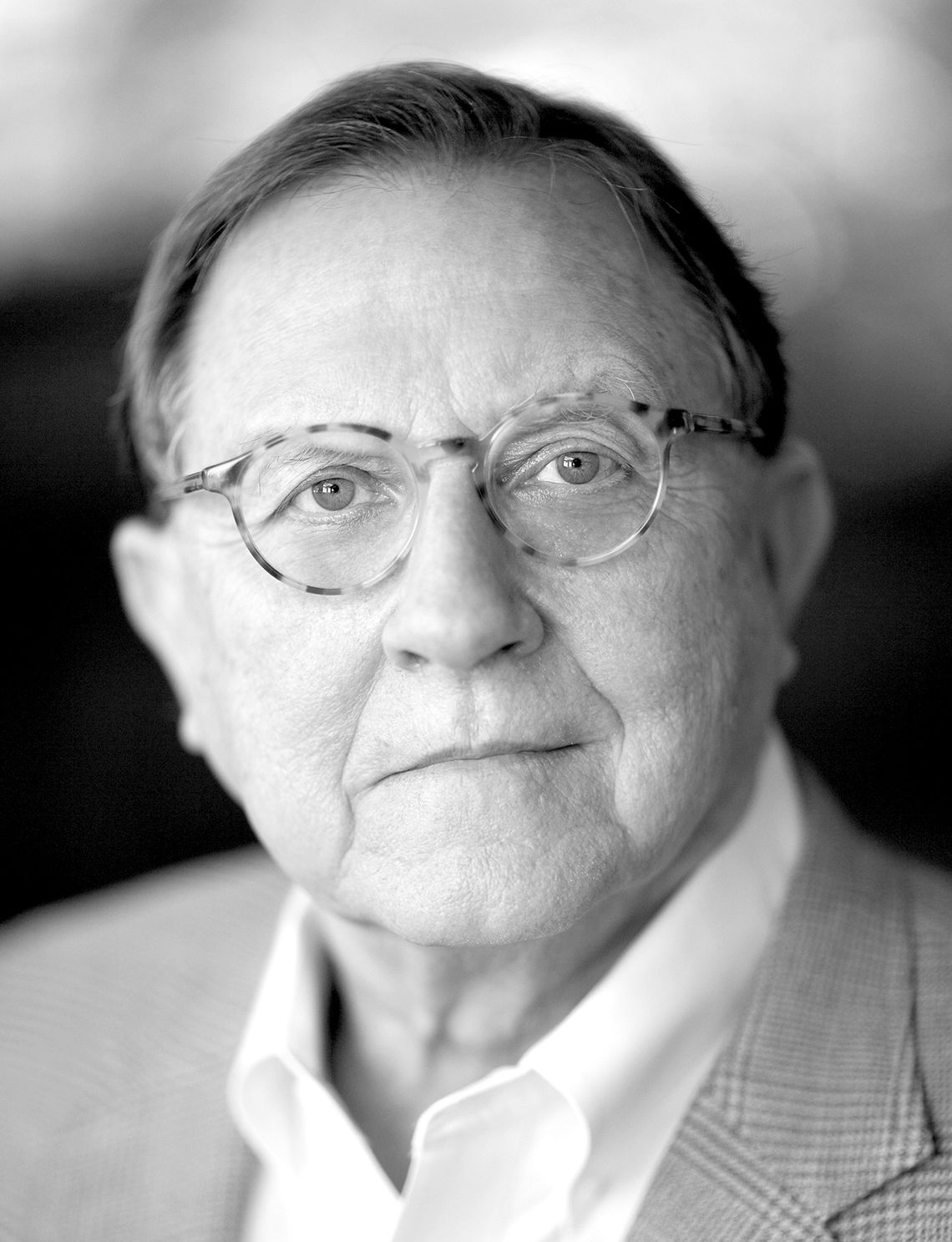For many Americans, the extraordinary life of President John Fitzgerald Kennedy still captures the imagination. Furthermore, his tragic death by assassination, after only two years and ten months in office, continues resonating as an enormous loss.
JFK was the first President born in the twentieth century. At age 43, he was the youngest ever elected, as well as the first Roman Catholic. His victory in the 1960 presidential election was one of the narrowest in political history — a popular vote margin of 112,827, or .17 percent.
Wrote the Wall Street Journal: “The voters made one thing quite clear. They have given a mandate to nobody.” Georgia, by the way, gave the Kennedy-Johnson ticket a winning margin of 62.54 percent.
Presidents, history shows, usually come to power in waves of excitement and enthusiasm. It was true of Kennedy. Though his victory was slim, he quickly gained in approval and popularity. Both remained high throughout his presidency.
The President’s popularity stemmed in part from his attractive person and vigorous public figure. He was a man of class and grace who rarely stumbled. Second, he was a superb public speaker, a critical skill for all presidents. Many of Kennedy’s speeches are listed among the best of the twentieth century. In powers of persuasion, historians rank him sixth among the forty-six Presidents.
Meanwhile, the country was kept uninformed of the President’s extensive health and medical problems. The record shows he suffered from Addison’s disease, a malfunctioning adrenal gland, severe chronic back pain, urinary infections, high fevers, stomach/ colon and prostate problems. Medical attention and the administration of much medicine were fixed parts of the daily routine.
A consensus holds his suffering failed to impair his capacities as President. This, they add, was a complement to the man’s stamina and determination.
Jack Kennedy was one of nine children of Rose and Joseph P. Kennedy of Brookline, Massachusetts. The Irish family was deeply steeped in politics. Joe Kennedy, one of the country’s richest men, encouraged and promoted his son’s political career with money, expert advice and assistants.
The future President entered politics in 1946. As a “poor little rich kid” candidate for Congress, he won by defeating nine opponents in Boston’s 11th Congressional District.
By the 1950s, he had married the beautiful Jacqueline Bouvier and become a candidate for the U.S. Senate. His opponent in the 1952 senate race was Republican Henry Cabot Lodge, a Boston aristocrat who had held the office since 1936. Although a Republican that year was elected Governor of Massachusetts, and Eisenhower carried the state by 200,000 votes, Kennedy defeated Lodge by 70,000 votes. Instantly, he became leader of Massachusetts Democrats and an important name, nationally.
Kennedy moved into the White House with the conspicuous energy displayed during the ’60 campaign. The image of his New Frontier was one of hope, resolution and change. On the home front, however, his program moved slowly, caused mainly by lack of a clear-cut mandate at the polls.
World affairs became Kennedy’s main interest. As historian Robert Dallek writes, “The Kennedy Administration was a foreign policy administration.” For good reason, the Cold War was raging.
The young and inexperienced President encountered big problems. He suffered a heavy defeat in the Bay of Pigs debacle of April 1961. A small army of Cuban exiles, supported and trained by the CIA, attempted to invade Cuba and overthrow dictator Fidel Castro. The invasion was a colossal failure. Kennedy accepted full responsibility and vowed to learn from the experience.
Another crisis was building in divided Berlin, where the Russians were threatening to close supply routes to West Berlin. After much internal debate, Kennedy agreed to meet Nikita Khrushchev in Vienna in June 1961, in an effort to resolve the rising threat. No agreement was reached, and Kennedy flew home convinced and depressed he had been bullied and threatened by the Russian dictator. The crisis ended in a stalemate when East Germany constructed the Berlin Wall, dividing the huge city for 28 years.
Next, in October 1962, came the Cuban Missile Crisis, today seen as the “Gettysburg of the Cold War.” It involved a direct and dangerous confrontation between the two nuclear armed world powers. American intelligence learned Russia had planted nuclear missiles in Cuba capable of striking targets in America. The military urged a bombardment and invasion of Cuba. Kennedy concluded this risked atomic warfare and the destruction of civilization. Instead, he ordered a blockade of Cuba. Russia refused to breach the blockade and recalled its ships loaded with additional nuclear missiles. The crisis passed.
Few question it was the highest demonstration of Kennedy’s presidential leadership. Lyndon Johnson, himself an astute observer of people, power, and politics, in later years was heard to say: “I came to see and believe there was something very special about Jack Kennedy.”









